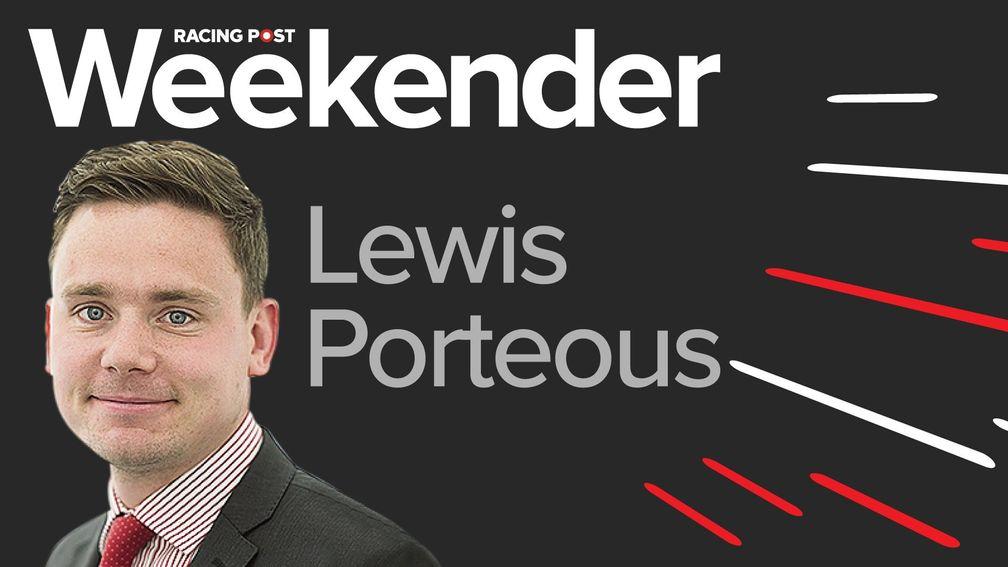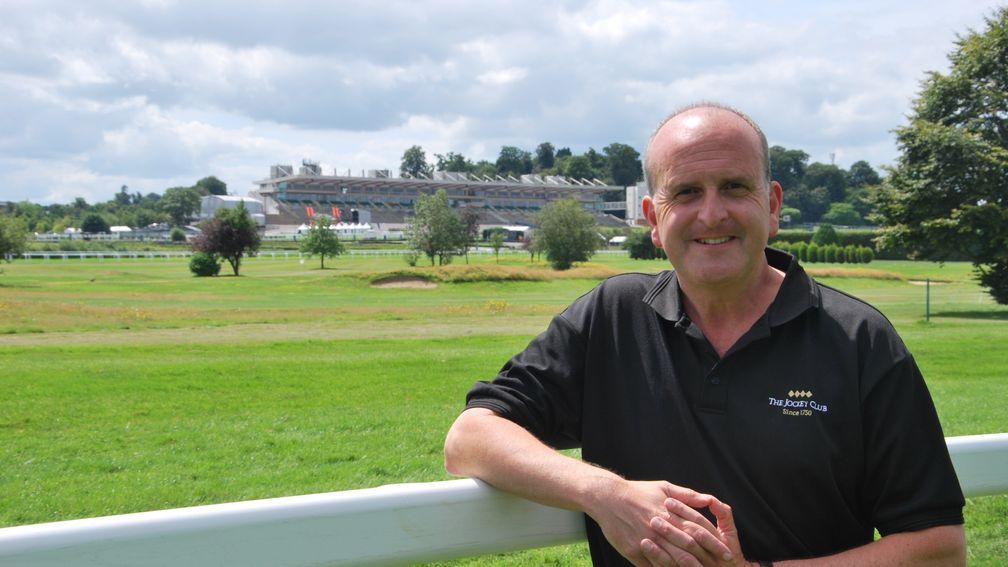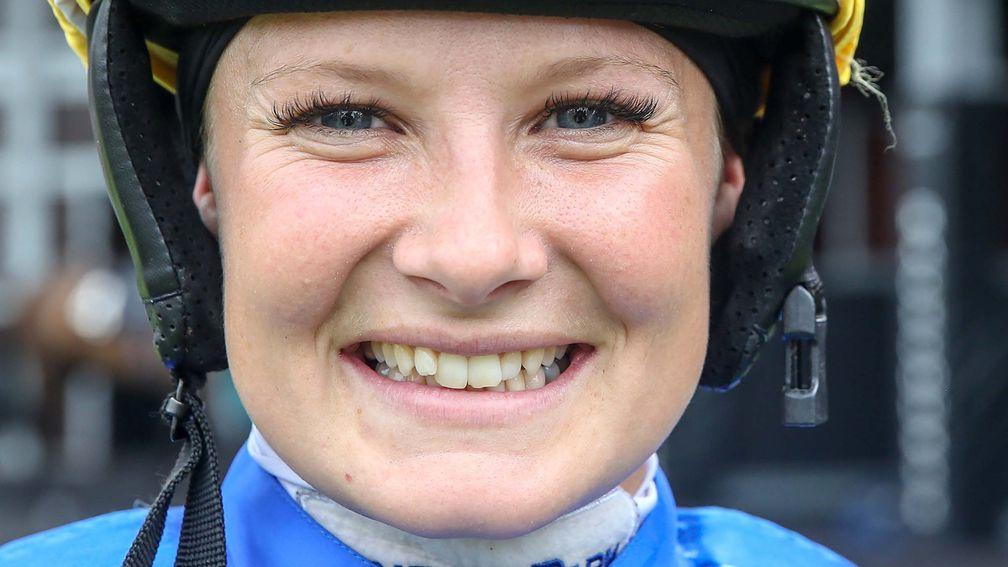- More
Sunday Series shows that the runners will come if you put up the money

I had my first experience of the new Sky Bet Sunday Series at the weekend and it was blatantly obvious to see how a little investment in prize-money can completely transform a fixture.
The new £600,000 series, staged over three pilot meetings, kicked off at Musselburgh last month with the mission to boost the fortunes of racing on Sunday and offer bigger prizes for lower-rated horses.
Sandown had been due to stage the concluding fixture of the series but after Haydock's meeting on August 8 was cancelled due to the weather, Sunday's seven-race card boasting £255,000 in prize-money was leg two, with the finale now rescheduled for September 12 back at Haydock.
With £250 best-turned-out prizes for all 21 races in the series, £10,000 to staff of the most prolific stable and a possible £100,000 on offer to any rider managing to land seven wins over the three fixtures or the owner of any horse who wins at each fixture, plenty of thought has gone into the series, shown in its entirety live on ITV4.
For anyone in any doubt about the significance of putting on decent prize-money before Sunday, then just one look at the final fields at Sandown said all that needed saying.
On Saturday, the same course had staged a seven-race card including two Group 3 contests that, before taking non-runners into account, had attracted 57 runners. Sunday's seven-race card, predominantly featuring Class 4 handicaps, brought 102 declared runners.
Take out the two Group races on Saturday and you were left with five handicaps, three at Class 4 level, one at Class 3 and one at Class 1, with a combined £75,000 on offer between them. In contrast, the six handicaps on Sunday – five Class 4 events and one Class 3 – offered a combined £238,000.
It is true Saturday's races catered for different members of the horse population than Sunday's, so a direct comparison has to be taken with a pinch of salt.
It is also true that the combined £140,000 on offer for the two Group 3s is not to be sniffed at, but the discrepancy in prize-money where the handicaps are concerned is surely the main reason horses had to be balloted out of races on Sunday having been oversubscribed, while only one of Saturday's handicaps mustered more than ten runners.
It is a pity there was overnight rain at Sandown, as before non-runners on Sunday, five of the seven races were due to be run with maximum field sizes, something long-standing clerk of the course Andrew Cooper could not recall happening previously at the track.

"In terms of the handicaps we had five maximum fields, which is unprecedented," said Cooper. "We're basically full in the stable yard and it's testing, in a sense, maximum field sizes we haven't had to test here for a long time, but it's brilliant.
"The potential to extend the 2022 version of this series is under consideration and I think you can assume that if it happens next year the two-day format of this weekend at Sandown would stay."
I have been a frequent visitor to Sandown over the past decade, but having fields of 14, 15 and 16 tackle races on the round course served up something entirely new and made for a brilliant spectacle.
They may have been middle-tier handicaps, but they were competitive races, where big fields jostled for position down the back before fanning across the track in the home straight to make their challenge. It was Sandown at its best and I'd hazard a guess anyone visiting for the first time on Sunday will be back.
Sunday's winners also highlighted how important prize-money is when it comes to attracting the most competitive fields possible, with 1m6f handicap winner Oceanline a prime example. Here is a horse, trained by Alan King, who has been taken on by the Million In Mind partnership to contest juvenile hurdles.
Oceanline had been pencilled in to make his debut over hurdles towards the end of the month, where he would have been chasing a first prize in the region of £6,000 in a run-of-the-mill summer juvenile hurdle. But when connections spotted a Class 4 race on the Flat with more than £20,000 on offer to the winner, they soon changed tack.
"Million In Mind haven't had a runner on the Flat for nearly 20 years," said Anthony Bromley, who fronts Million In Mind. "The idea was to go juvenile hurdling, but it was such a tempting race with the prize-money, so why not?
"He will still go hurdling and if this race had been a normal £12,000 0-85, we'd have been going for a juvenile hurdle at Stratford next week."
On the overall success of the Sunday Series, he added: "The races have been very competitive and I've never seen so many horseboxes at Sandown. In our race there was a maximum field of 14, and 12 were eliminated. We only just got in and it shows people have embraced it."
Trainers and owners have indeed embraced it, with winners on Sunday's card hailing from yards in Newmarket, Devon, Scotland, Wiltshire, North Yorkshire and Lambourn. You can't say that about many meetings.
Mick and David Easterby sent just their fourth runner in the last five years to Sandown and ensured the 250-mile trip back to North Yorkshire was a good-spirited one thanks to Yorkshire Lady's success under Mick's granddaughter Joanna Mason in the 1m1f fillies' handicap.

"The prize-money is so appealing," admitted Mason after her win. "We wouldn't normally send a horse down here but the money is just too good to ignore – even the place money is very good.
"It's been very well supported and it's very competitive racing, but you've got to be in it to win it. I'd love to see more of it and having meetings like this shines a light that something needs to be done about prize-money elsewhere.
"Good on Sky Bet and hopefully they can carry it on. You've got ITV behind it, so it's a big boost for the public at home too."
The word from Sky Bet is that turnover has been up on both Sunday Series days so far compared to a regular Sunday and, while this year is very much a pilot event, they appear keen to see it back in 2022.
Hopefully more courses will be keen to join the series having seen the success of the meetings at Musselburgh and Sandown, and it certainly highlights the rewards on offer for those willing to invest in prize-money.
The level of competition and the healthy crowds at York last week paint a similar story, but what the Sunday Series highlights best is that you don't have to dig too deep into the coffers to reap the rewards.
Any improvement on what is regularly being offered towards the middle and lower tiers will not go unnoticed by owners and trainers. That will lead to more competitive racing, a raceday experience that leaves racegoers wanting more and a far more attractive product for punters. The knock-on effect of betting turnover increasing is a rise in the money returned to the sport through the levy. It really can be a win-win situation.
We are constantly told there are too many races in Britain. With close to 1,500 meetings a year, I'm certainly not going to argue with that, but could the real nub be that too many races offer too little prize-money? The message on Sunday seemed a pretty simple one to process: put up more prize-money and runners, from literally everywhere, will follow.
The Weekender is out every Wednesday and is available at all good stores. You can also download the edition from 9pm on Tuesday evening
Published on inComment
Last updated
- A crowd of 100,000 for the Oaks and Derby by 2030? It’s a statement of intent but feels incredibly ambitious
- 'This game can tame lions' - former champion apprentice Benoit de la Sayette looking to get back on track in Bahrain
- Educating young minds is the way to lay foundations for a healthy relationship with gambling
- Hello, I'm Moray Smith - a pro punter obsessed with the Cheltenham Festival who can't wait to start dreaming again
- Why no Frankel Stakes? Surely it's time to honour the unbeaten champion racehorse
- A crowd of 100,000 for the Oaks and Derby by 2030? It’s a statement of intent but feels incredibly ambitious
- 'This game can tame lions' - former champion apprentice Benoit de la Sayette looking to get back on track in Bahrain
- Educating young minds is the way to lay foundations for a healthy relationship with gambling
- Hello, I'm Moray Smith - a pro punter obsessed with the Cheltenham Festival who can't wait to start dreaming again
- Why no Frankel Stakes? Surely it's time to honour the unbeaten champion racehorse